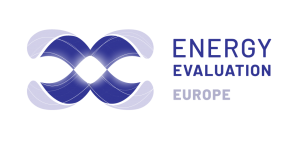All day
10 March 2021 – 11 March 2021
End of 2019/early 2020, the EU Member States submitted their final National Energy & Climate Plans (NECPs), including targets for 2030 and strategies to achieve them. The European Commission published in September its assessment of the NECPs, highlighting an ambition gap about the national energy efficiency targets for 2030. Whereas, the Member States have just agreed in December 2020 to increase the overall climate target to reducing by 55% the GHG emissions by 2030 vs. 1990. Which will likely require also higher targets on energy efficiency. In this context, the recovery plans represent major opportunities, as pointed by the IEA.
This background raises three challenges: a need to achieve more, and to achieve it faster and all that in a time of unprecedented crisis. The conference will therefore explore how evaluation can help to take up these challenges, by avoiding doing the same mistakes as before, by identifying what works and what does not, by questioning what approaches can be the most (cost-)effective, by making possible to stand back and think differently to suggest new solutions. A special plenary session will be focused on evaluation in times of emergency.
The conference will also continue the discussions about non-energy impacts and the possible synergies between energy efficiency and other fields, especially in the framework of the UN Sustainable Development Goals.
The streamSAVE project will be mentioned in one of the panel sessions on Monday 15 March 2021 from 11:15 to 12:15 PM CET in Panel Discussion #2: Improving ex-ante assessments with ex-post evaluation results: How can we close the loop?

